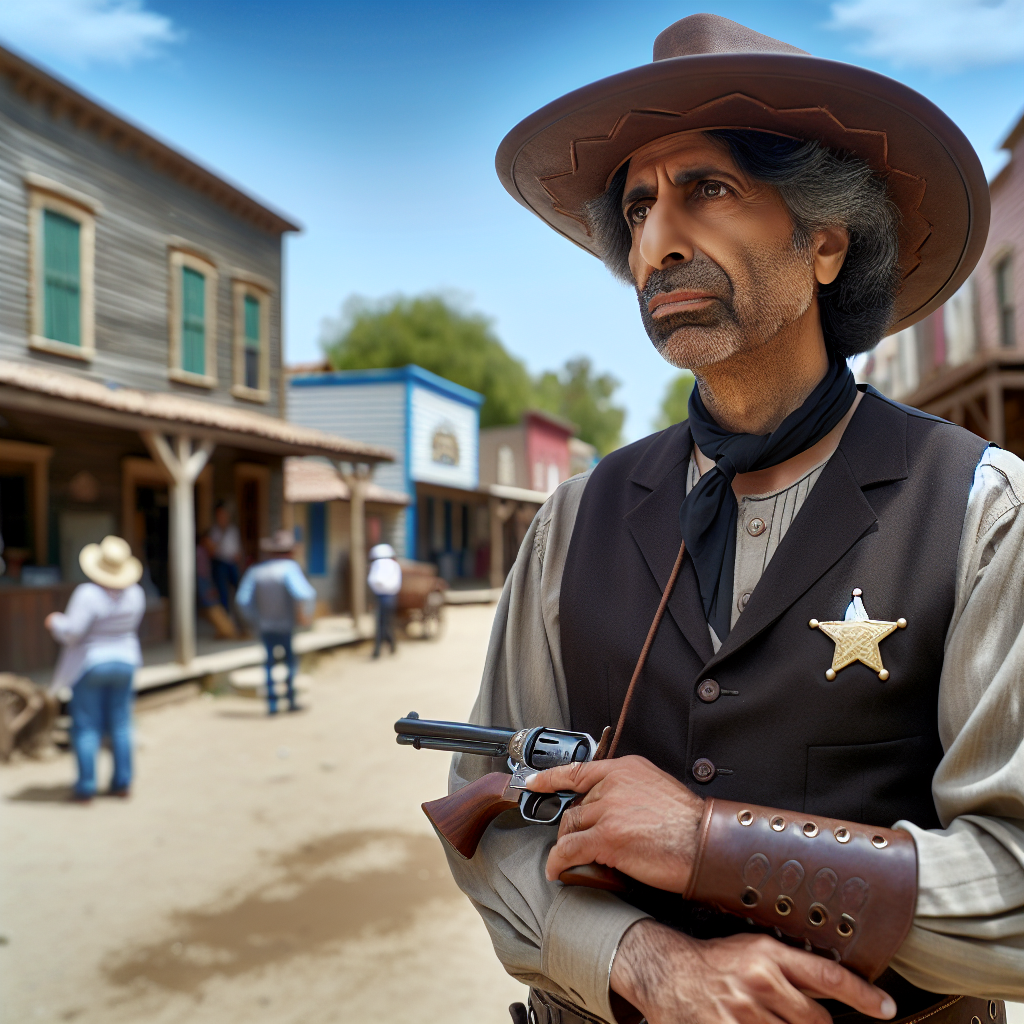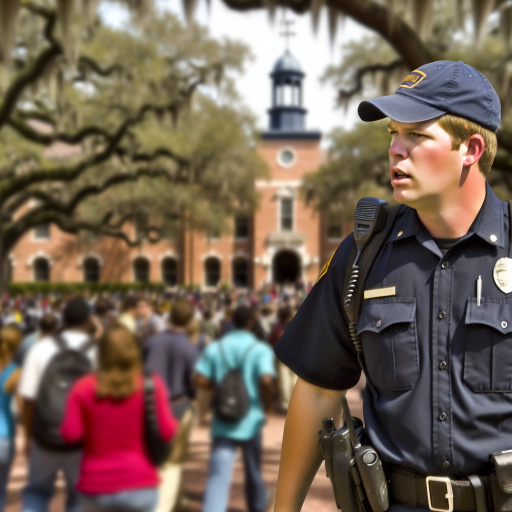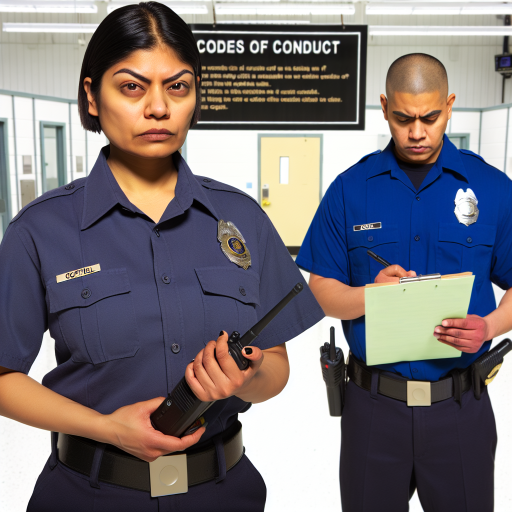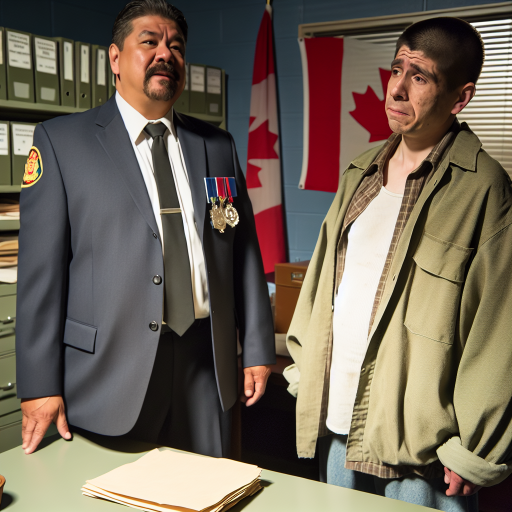Introduction:
U.S. Marshals play a vital role in protective services.
They ensure safety for citizens and uphold laws.
Understanding their role is crucial for a secure society.
It also supports effective law enforcement.
History of U.S. Marshals:
Established in 1789 as the oldest federal law enforcement agency.
Evolved from enforcing federal laws to protecting judiciary, witness security.
Notable cases like the capture of notorious fugitives, ensuring safe court proceedings.
Establishment of the U.S. Marshals Service:
Founded by the Judiciary Act of 1789 under President George Washington.
Serve as enforcement agents of the federal courts, protecting the judicial system.
Originally tasked with apprehending federal fugitives, later expanded duties to security.
They also protect federal judges, manage assets seized from criminal enterprises.
Evolution of their responsibilities over time:
U.S. Marshals’ role has grown to include witness protection, prisoner transport.
They conduct manhunts for federal fugitives, ensure the safety of federal facilities.
Provide security at high-profile trials, execute federal court orders and warrants.
Involved in a range of tasks from apprehending suspects to executing death sentences.
Notable cases where U.S. Marshals played a crucial role:
The apprehension of notorious criminals like John Dillinger, Al Capone.
Protection provided during desegregation efforts, civil rights movement protests.
Securing high-profile trials such as Oklahoma City bombing, Boston Marathon bombing.
Overseas operations like capturing Pablo Escobar in Colombia showcase their capabilities.
Duties and Responsibilities:
One of the primary duties of the U.S. Marshals is serving federal arrest warrants.
Transform Your Career Today
Unlock a personalized career strategy that drives real results. Get tailored advice and a roadmap designed just for you.
Start NowThey are responsible for tracking down individuals who have violated federal laws.
In addition to serving arrest warrants, U.S. Marshals also provide protection for federal witnesses.
This involves ensuring the safety and security of individuals cooperating with investigations.
Another crucial role of U.S. Marshals is apprehending fugitives.
They are tasked with locating and capturing individuals who have fled from the law.
U.S. Marshals are also responsible for transporting federal prisoners.
This includes safely moving prisoners between facilities and court appearances.
Lastly, U.S. Marshals play a key role in managing and disposing of asset forfeitures.
This involves seizing assets acquired through illegal means.
Overall, the diverse and high-impact responsibilities of U.S. Marshals make them integral to the functioning of the federal justice system.
- Serving federal arrest warrants
- Providing protection for federal witnesses
- Apprehending fugitives
- Transporting federal prisoners
- Managing and disposing of asset forfeitures
Delve into the Subject: Emergency Response: Role of Bomb Squad Technicians
Training and Qualifications:
U.S. Marshals undergo rigorous training to ensure they are prepared for the challenges they may face in their role.
This training includes physical fitness requirements to ensure they can handle the demands of the job.
Background checks and security clearances are a crucial part of the qualifications process for U.S. Marshals.
It is essential that individuals in this role have a clean record and can be trusted with sensitive information and tasks.
In addition to general training, U.S. Marshals receive specialized training in firearms and tactical operations.
This training equips them with the skills and knowledge necessary to handle potentially dangerous situations safely and effectively.
To stay effective in their roles, U.S. Marshals participate in ongoing education and training.
This allows them to stay up-to-date with evolving threats and technologies.
Ensuring they can adapt to changing circumstances and continue to perform their duties at the highest level.
Transform Your Career Today
Unlock a personalized career strategy that drives real results. Get tailored advice and a roadmap designed just for you.
Start Now- Rigorous training and physical fitness requirements
- Background checks and security clearances
- Specialized training in firearms and tactical operations
- Ongoing education and training to stay up-to-date with evolving threats
Explore Further: Detective Associations in the USA: Networking and Support
Collaborations with other law enforcement agencies:
- Working with local, state, and federal agencies to enhance security.
- Participation in task forces to address specific threats or cases.
- Sharing intelligence and resources to improve protective services for the public.
The U.S. Marshals play a crucial role in collaborating with various law enforcement agencies to ensure public safety and security.
By working together with local, state, and federal entities, they are able to enhance their capabilities and effectively address a wide range of threats and cases.
Enhancing Security through Collaboration:
Collaboration between the U.S. Marshals and other agencies is integral in enhancing security measures across the country.
By pooling their resources, expertise, and intelligence, these agencies are better equipped to address complex challenges and protect the public from potential threats.
Participation in Task Forces:
The U.S. Marshals frequently participate in task forces alongside other law enforcement agencies to focus on specific threats or cases.
These task forces bring together the best minds and resources to tackle challenging situations and ensure that justice is served.
Sharing Intelligence and Resources:
One of the key aspects of collaboration is the sharing of intelligence and resources among different agencies.
By exchanging information and coordinating efforts, the U.S. Marshals and their partners can effectively enhance protective services and address security concerns in a more holistic manner.
Uncover the Details: Case Studies: Success Stories of US Detective Investigations

Notable cases and successes:
- High-profile cases where U.S. Marshals successfully protected citizens or apprehended dangerous fugitives.
- Examples of their swift and effective response in critical situations.
- How their actions have contributed to maintaining public safety and upholding the rule of law.
High-profile cases:
In recent years, the U.S. Marshals have been involved in several high-profile cases where they demonstrated their expertise in protecting citizens and apprehending dangerous fugitives.
One notable case was the successful capture of a notorious criminal who had been on the run for years. The U.S. Marshals worked tirelessly to track down the fugitive, utilizing their extensive resources and network of contacts to bring him to justice.
In another high-profile case, the U.S. Marshals provided protection to a key witness in a major criminal trial. Their presence ensured the safety of the witness and helped secure valuable testimony that ultimately led to a conviction.
Swift and effective response:
The U.S. Marshals are known for their ability to respond quickly and efficiently in critical situations.
When faced with a potential threat to public safety, they spring into action, utilizing their training and expertise to neutralize the danger.
In one such example, the U.S. Marshals were called upon to apprehend an armed and dangerous suspect who was barricaded in a building.
With precision and coordination, they were able to safely apprehend the suspect without any harm to bystanders or officers.
Contributions to public safety:
The actions of the U.S. Marshals play a crucial role in maintaining public safety and upholding the rule of law.
By apprehending dangerous fugitives and protecting key witnesses, they help ensure that justice is served and communities are kept safe.
Their presence in high-profile cases also serves as a deterrent to would-be criminals, sending a message that law enforcement will not rest until those who break the law are brought to justice.
Transform Your Career Today
Unlock a personalized career strategy that drives real results. Get tailored advice and a roadmap designed just for you.
Start NowThe U.S. Marshals are a vital component of the law enforcement system, providing critical support in protecting citizens, apprehending fugitives, and maintaining public safety.
Their dedication, expertise, and quick response in critical situations make them an indispensable asset in upholding the rule of law.
Uncover the Details: The Interplay: Detectives and the US Criminal Justice System
Challenges and controversies:
- Issues related to jurisdiction and coordination with other agencies
- Controversies surrounding use of force and enforcement tactics
- Public perceptions of U.S. Marshals and their role in protective services
Issues related to jurisdiction and coordination with other agencies
One of the primary challenges facing U.S. Marshals in their role in protective services is the issue of jurisdiction.
As a federal law enforcement agency, the U.S. Marshals Service has authority over a wide range of cases and operations.
However, its jurisdiction often overlaps with that of other federal, state, and local agencies.
This can lead to confusion and inefficiencies in coordinating efforts to protect individuals and assets at risk.
Additionally, coordination with other agencies can be a complex and time-consuming process.
Different agencies may have different protocols, procedures, and priorities.
This can create challenges in ensuring seamless collaboration and communication.
This lack of coordination can hinder the effectiveness of protective services and leave gaps in security coverage.
Controversies surrounding use of force and enforcement tactics
Another source of controversy surrounding U.S. Marshals and their role in protective services is the use of force and enforcement tactics.
While U.S. Marshals are trained to use force only when necessary and in accordance with established protocols, incidents of excessive force or questionable tactics can spark public outrage and criticism.
Critics argue that U.S. Marshals may sometimes resort to aggressive tactics without sufficient cause.
This can lead to unnecessary harm or escalation of conflicts.
Such actions raise concerns about transparency, accountability, and adherence to standards of conduct in the performance of protective duties.
Public perceptions of U.S. Marshals and their role in protective services
The public perception of U.S. Marshals and their role in protective services can also be a point of controversy.
Many people view U.S. Marshals as heroes who bravely protect and serve.
Others may have a more skeptical or critical view of the agency and its operations.
Media portrayals, historical events, and personal experiences can shape public perceptions of U.S. Marshals.
Transform Your Career Today
Unlock a personalized career strategy that drives real results. Get tailored advice and a roadmap designed just for you.
Start NowThis influences attitudes towards their methods, effectiveness, and impact on civil liberties.
Addressing these perceptions and building public trust and support are ongoing challenges for U.S. Marshals in fulfilling their protective services mission.
Conclusion:
Recap of the crucial role U.S. Marshals play in protective services
The U.S. Marshals serve a vital role in protecting the citizens of the United States.
They apprehend fugitives, transport prisoners, and provide security in federal courts.
Emphasis on the importance of their work in upholding the law and ensuring public safety
Through their dedication and expertise, U.S. Marshals uphold the rule of law.
They ensure that justice is served and communities are kept safe from dangerous individuals.
Call to action for supporting and recognizing the efforts of U.S. Marshals in protecting citizens
It is essential to support and recognize the sacrifices made by U.S. Marshals.
From tracking down fugitives to protecting witnesses, their work is instrumental in maintaining order.
They safeguard our rights and protect society as a whole.
Additional Resources
Protecting the Judiciary | U.S. Marshals Service
Witness Security | U.S. Marshals Service
[E-Books for Sale]
The Big Book of 500 High-Paying Jobs in America: Unlock Your Earning Potential
$19.99 • 500 High-Paying Jobs • 330 pages
Explore 500 high-paying jobs in America and learn how to boost your career, earn more, and achieve success!
See All 500 High-Paying Jobs of this E-Book
1001 Professions Without a Degree: High-Paying American Jobs You Can Start Now
$19.99 • 1001 Professions Without a Degree • 174 pages
Discover 1001 high-paying jobs without a degree! Unlock career tips, skills, and success strategies for just $19.99!




